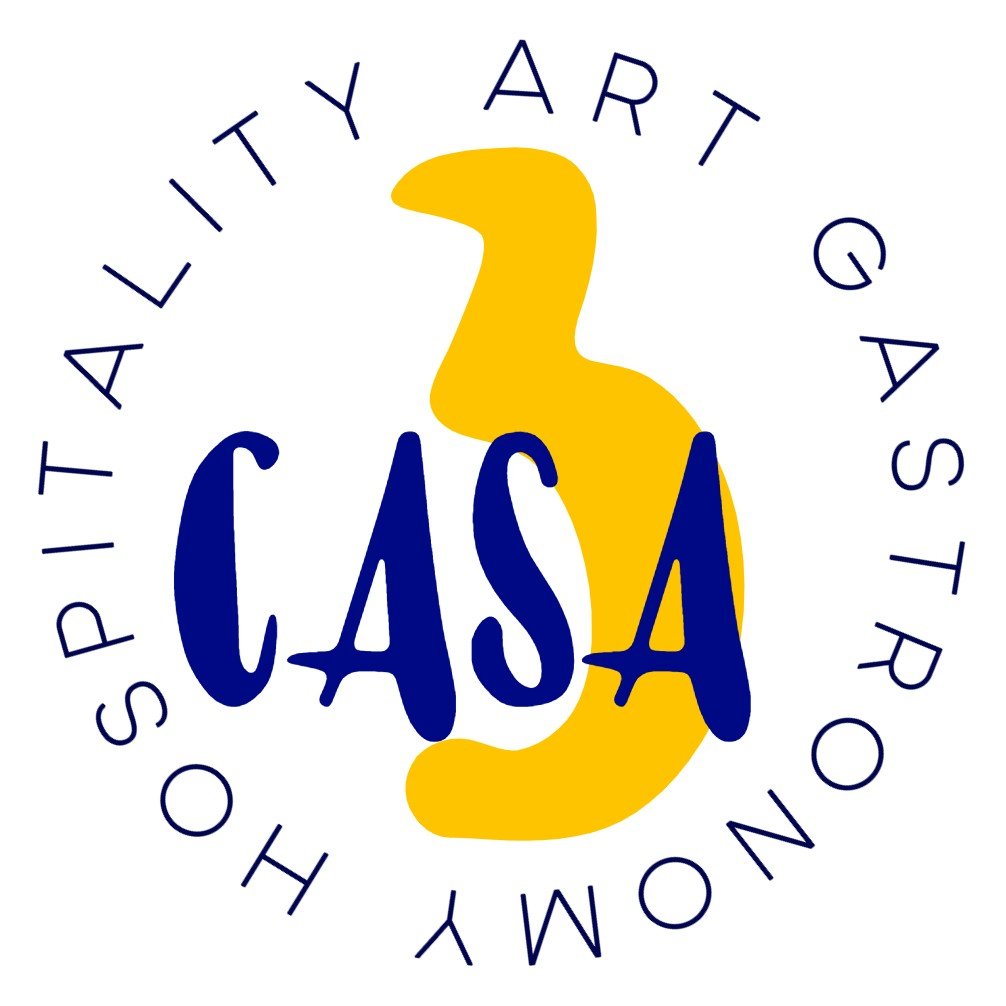We strive to make Polopos an artistic hub between the Alpujarra and the Costa Tropical, where artists live and work, visitors and citizens of Polopos enjoy exhibitions, workshops and other cultural events and a growing population can thrive thanks to ensuing economic opportunities.
What Polopos has lost over the last half century and what it desperately needs in order to survive as a village and as a community, today and in the future, is purpose. Pirates that once roamed the seas have long gone and with them the need to live high up in the mountains for protection. People have moved down to the coast or even further away to the city. Small terraced gardens with fruit and vegetables are no competition to greenhouses and big agricultural companies and cooperatives on the coast. The city provided opportunities like higher education, better jobs and entertainment. Like many other villages, Polopos saw its school, its shops, its bars and its restaurants close down. The small number of inhabitants that still live in the village are ageing fast.
Although the expression ‘la España vacía’ implies that this is a very Spanish predicament, the advance of urbanisation and industrialization is something that many countries all over Europe experienced. But, especially in the late 19th and early 20th century, there was also a counter movement of artists escaping the clogged and ever busier cities to small scenic villages where they could work undisturbed in beautiful surroundings with inspiring fellow artists by their side. Places like Barbizon and Pont-Aven in France, East Hampton, Long Island in the USA, Skagen in Denmark and Bergen and Volendam in the Netherlands were renowned the whole world over. They owe their continued fame to paintings that were created there by artists such as Gaugain, Van Gogh and Monet. Not so far from Polopos famous French artist Gustave Doré travelled through the Barranco de Poqueira and used his illustrations for Dante’s La Divina Comedia and Gerald Brennan wrote his book South from Granada when he lived in Yegen.
The reasons why artists in the 19th century wanted to leave the city and set up art colonies in rural villages still apply today. The pandemic has increased the interest and likelihood of people, including artists, working remotely and Polopos is already home to several creative professionals. By creating a welcoming environment for artists to work and live in Polopos we aim to grow as a creative community. By displaying their work in the public domain, in exhibitions, art walks and other events we improve the general appeal of the village, create economic opportunities, attract new inhabitants and visitors to Polopos and boost the livability for its citizens.

